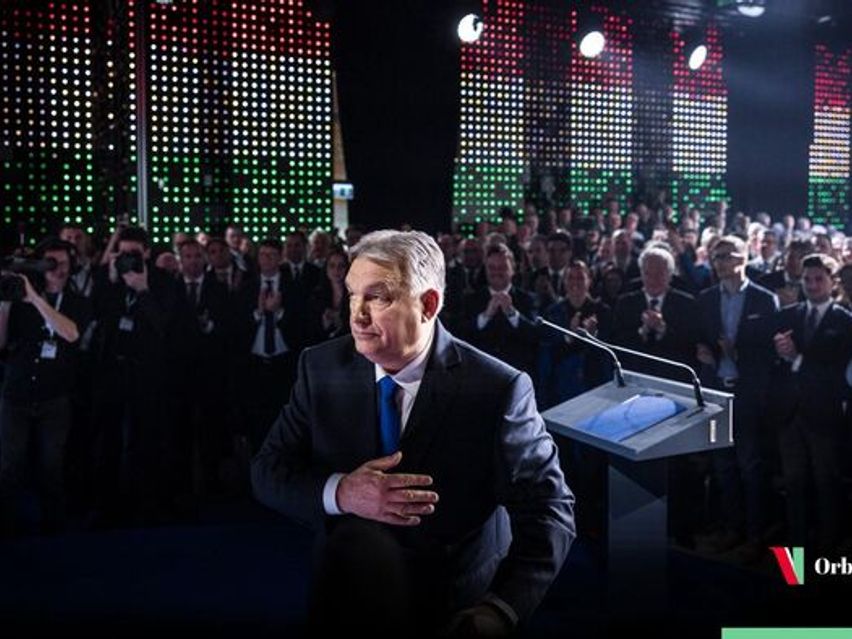– The title of the book makes it seem like we will know the key to some secret after reading it. It is a little like sitting down to note the recipe of a brand-new dish. What do you think, has the key to Orbán’s politics been found?
– I have to admit, I’m a fan of the old, traditional cuisine so if there is a great recipe that works, I swear by it; instead of a new-wave, fusion letcho, I prefer the way my grandma makes it. Of course, that has its secrets too, just like politics. The curtain is up – some things can be revealed but some things stay hidden. Though people tend to think that ugly things are happening behind the curtain, I don’t picture politics as that negative. For this reason, the book doesn’t come up with a new decipher in the spirit of fusion cuisine, rather, it summarizes the traditional recipe, to the extent that this is possible. There is such a thing as political knowledge and there are those who have it and can exercise it in exceptional ways. The “protagonist” of the book is, in my view, the same as the political generation that he heads. Because we are talking about the responsibilities of a political generation whose mission is to bring the Hungarian cause success – and this work must go on.

– You start the book with a personal touch: due to an interview, you had coffee with the Prime Minister in his kitchen. Did these personal impressions and meetings contribute to a more accurate picture of the Prime Minister and his thought process?
– The most important question is not whether we know something or someone personally or just from afar, but rather how we look at it. Our personal experiences help explain the book of course, but I don’t want to create the illusion of some sort of insider deals. In fact, I offer up my own perspective for readers – which is naturally, refutable and debatable.
– Why was your book published now exactly?
– Ten years have passed, and this is an obvious milestone, but it also seems that Viktor Orbán related literature is experiencing something of a renaissance. Georgi Markov, Bulgarian politician, recently wrote a book about him as well as Thibaud Gibelin, French historian. Why now exactly? Maybe because we live in an exceptional era where political knowledge can be studied. The past three years were marked by three major crises. The economic crisis, the migrant crisis and now the pandemic. The Viktor Orbán government provided a unique answer to this. The Hungarian answer caused quite a commotion in Europe, but then they looked at it in wonder, and now they’ve adopted it. So, there is something to study here – be it the political success or the three-time two-thirds. Renegotiation from a government position is not a simple weapon in the world of competing democracies; if I understand correctly – as opposed to the answers provided by opposition news – they aren’t preparing now either to leave the battlefield with losses, instead, a fourth win.























Szóljon hozzá!
Jelenleg csak a hozzászólások egy kis részét látja. Hozzászóláshoz és a további kommentek megtekintéséhez lépjen be, vagy regisztráljon!